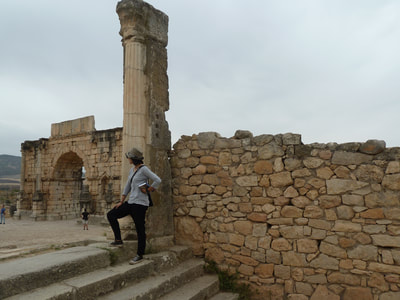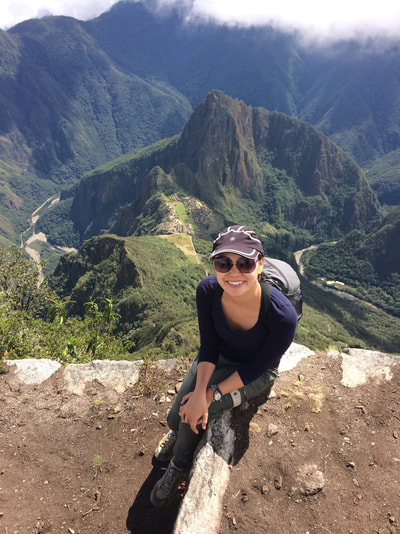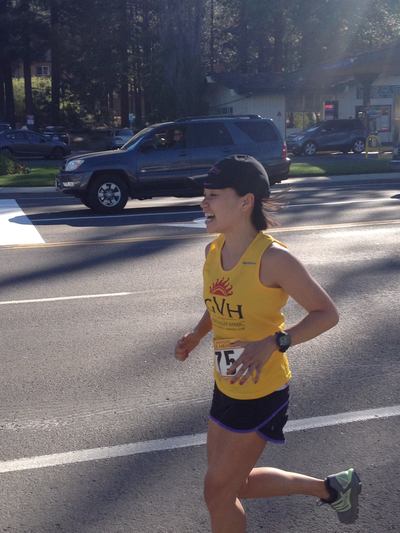Aside from academic-related stuff, I enjoy spending time with family and friends, running, yogaing, visiting my home state of Cali, exploring Big Sky country, and traveling.
'Why do you speak Spanish? Where are you really from?' I frequently receive these questions and while I sometimes struggle with having to explain myself to others, what these questions reveal about cultural assumptions and language is fascinating. My parents are from China, but lived in El Salvador for approximately 20 years prior to immigrating to San Francisco, California where I was born and raised. As such, I grew up speaking Cantonese and hearing Spanish. Yet, for most of my life, I have believed that my level of Cantonese was not good enough, that it was embarrassing to speak Cantonese in public, that Spanish is not ’my’ language because of how I look, and that while I may technically be from California, I’m really from somewhere else. It wasn't until graduate school, when I took courses in sociolinguistics and Spanish as a heritage language, among others, that I finally found the terminology and the conceptual understanding to articulate and reconcile my intersecting, contradicting, and complex identities and lived experiences. I chose my research because I want to document what multilingual users struggle with linguistically and socially, how language users position themselves and how they are positioned by others, and how language learning can be a transformative and equitable opportunity if done critically and thoughtfully. My hope is that my teaching and research will empower folks to be proud of their backgrounds and the languages they speak, regardless of whether or not it is deemed 'ideal, standard, prestigious, native, or target.'



